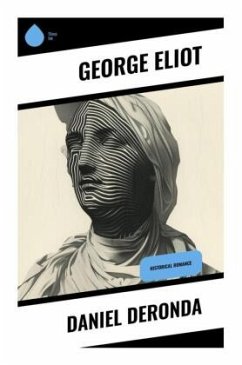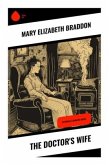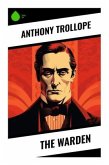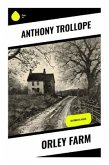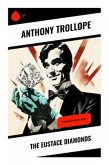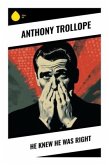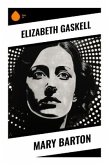In "Daniel Deronda," George Eliot intricately weaves a multifaceted narrative that delves into themes of identity, aspiration, and moral responsibility within the constraints of Victorian society. The novel's dual plot follows the lives of the enigmatic Daniel Deronda and the spirited Gwendolen Harleth, exploring their contrasting paths as they grapple with their inner desires and societal expectations. Eliot employs a rich, psychological style, characterized by her keen observations of human nature and sophisticated moral dilemmas, reflecting the literary context of her time, which sought to challenge traditional norms and articulate the complexities of individual agency within a rapidly changing world. George Eliot, the pen name of Mary Ann Evans, was a pioneering figure in English literature, renowned for her keen insights into the human psyche and her commitment to social realism. Her own experiences as a woman negotiating the restrictions of her era, coupled with her interest in philosophy and Jewish identity, profoundly shaped the narrative of "Daniel Deronda." This work, often regarded as her most ambitious, not only addresses contemporary issues of class and gender but also reflects Eliot's deep engagement with the Jewish question and the cultural renaissance of the time. Eliot's "Daniel Deronda" is a compelling read that invites the reader to consider profound questions of selfhood, cultural heritage, and ethical obligation. Its richly developed characters and intricate plotting make it a significant contribution to the canon of English literature. Scholars and casual readers alike will find in this work both a profound emotional journey and an intellectual exploration that remains relevant in today's discourse on identity and moral dilemmas.
Bitte wählen Sie Ihr Anliegen aus.
Rechnungen
Retourenschein anfordern
Bestellstatus
Storno

